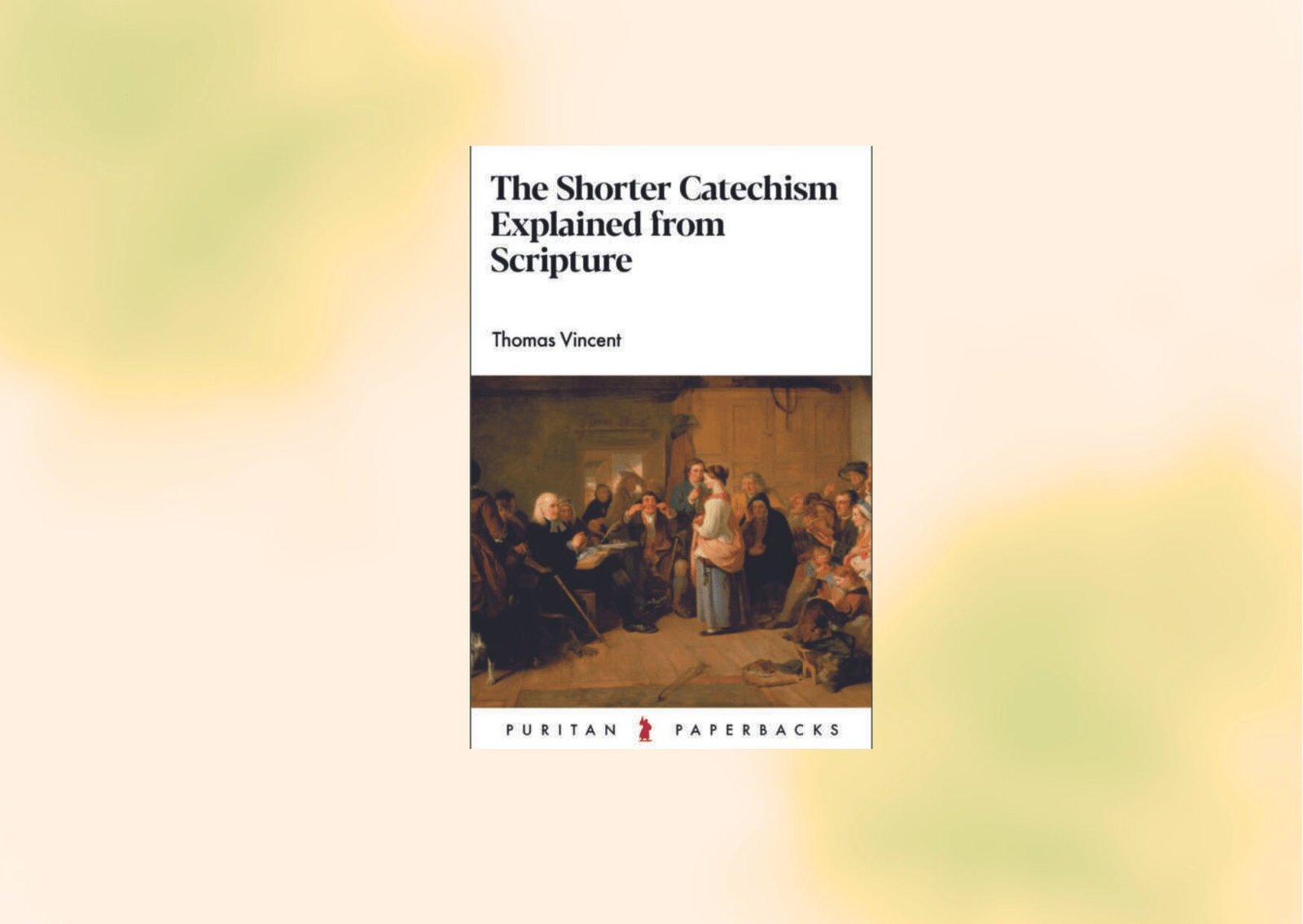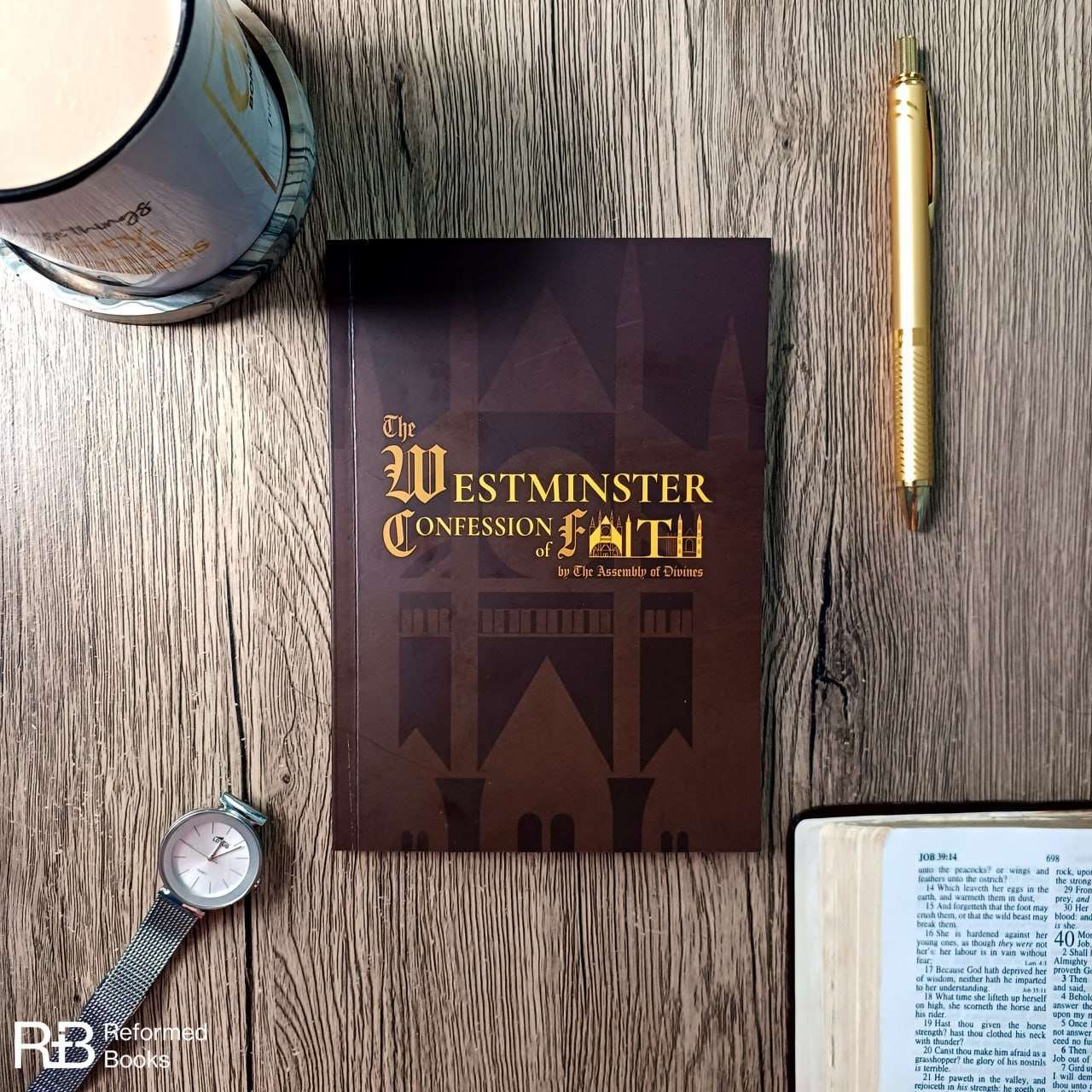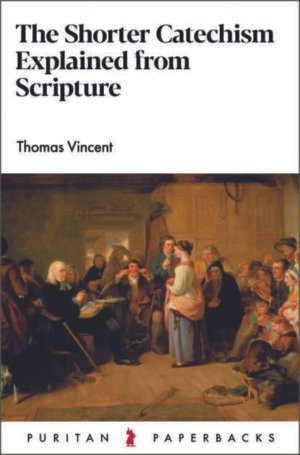The Shorter Catechism Explained From Scripture by Thomas Vincent

Introduction
In the intriguing realm of providence, where the threads of destiny intertwine, John Flavel’s book “The Mystery of Providence” offers a thought-provoking exploration of life’s intricate tapestry. With its profound insights, the book examines the enigmatic ways of fate, leading readers on a captivating journey of discovery and understanding. In this article, we delve deep into the heart of this renowned work, unveiling its key themes, questioning the mysterious nature of providence, and contemplating its relevance in our daily lives.
Unveiling the Tapestry of Providence
At the core of “The Mystery of Providence” lies a profound exploration of the concept of providence. Flavel skillfully dissects this enigmatic force, defining it as the sovereign and gracious outworking of God’s will in all aspects of our lives. With a masterful blend of biblical references, personal anecdotes, and insightful reflections, Flavel unravels the intricate tapestry of providence, showcasing its undeniable presence in the world.
Divine Sovereignty: The Weaver of Fate
Flavel challenges readers to contemplate the divine sovereignty that governs providence. With vivid imagery, he presents God as the master weaver, deftly crafting the threads of our lives into an intricate masterpiece. Through this lens, the book encourages us to embrace the notion that no circumstance or event occurs outside the realm of God’s sovereign control.
The Mystery of Evil: Providence in the Midst of Adversity
One of the most perplexing aspects of providence is its interaction with evil. Flavel dives deep into this mystery, grappling with the presence of suffering, tragedy, and injustice in the world. With unwavering faith, he suggests that even in the darkest moments, divine providence operates, working all things together for the ultimate good.
Human Responsibility: Navigating Free Will and Divine Decree
Flavel navigates the intricate relationship between human responsibility and divine decree, shedding light on the complex interplay between our choices and God’s sovereignty. Balancing these two seemingly contradictory elements, he encourages readers to embrace both personal agency and trust in God’s guiding hand.
FAQs
- Does “The Mystery of Providence” provide a definitive answer to the enigma of fate?
While Flavel’s book offers deep insights into providence, it does not claim to provide an exhaustive explanation of its mysteries. Instead, it invites readers to ponder and contemplate the profound questions surrounding fate, allowing space for personal interpretation and reflection.
- Is “The Mystery of Providence” accessible to readers of all backgrounds?
Yes, Flavel’s writing style combines theological depth with accessible language, making the book suitable for readers of various backgrounds. His relatable anecdotes and clear explanations ensure that both scholars and laypersons can engage with the text.
- How can I apply the teachings of “The Mystery of Providence” to my daily life?
By delving into the pages of this book, readers can gain a deeper understanding of the intricacies of providence and its impact on their lives. This understanding can inspire trust, hope, and perseverance in the face of life’s uncertainties, allowing individuals to embrace the unknown with confidence.
Conclusion
The Mystery of Providence” by John Flavel remains an enduring
exploration of the enigmatic forces that shape our lives. Through its captivating prose and profound insights, Flavel’s work challenges readers to contemplate the intricate tapestry of providence and its significance in our daily existence.
As we journey through the pages of “The Mystery of Providence,” we are confronted with the realization that life’s twists and turns are not mere coincidences but rather part of a grand design. Flavel invites us to embrace the mystery, to trust in the unseen hand that weaves the fabric of our lives.
"Question: What is the chief end of man? Answer: Man's chief end is to glorify God, and to enjoy him forever." (Chapter 1)
"Question: What is God? Answer: God is a Spirit, infinite, eternal, and unchangeable in his being, wisdom, power, holiness, justice, goodness, and truth." (Chapter 3)
"Question: How doth God execute his decrees? Answer: God executeth his decrees in the works of creation and providence." (Chapter 7)
"Question: What is the work of creation? Answer: The work of creation is God's making all things of nothing, by the word of his power, in the space of six days, and all very good." (Chapter 8)
"Question: What are the decrees of God? Answer: The decrees of God are his eternal purpose, according to the counsel of his will, whereby, for his own glory, he hath foreordained whatsoever comes to pass." (Chapter 12)
The Shorter Catechism Explained From Scripture
In the opinion of B.B. Warfield, the Westminster divines left to posterity not only ‘the…



